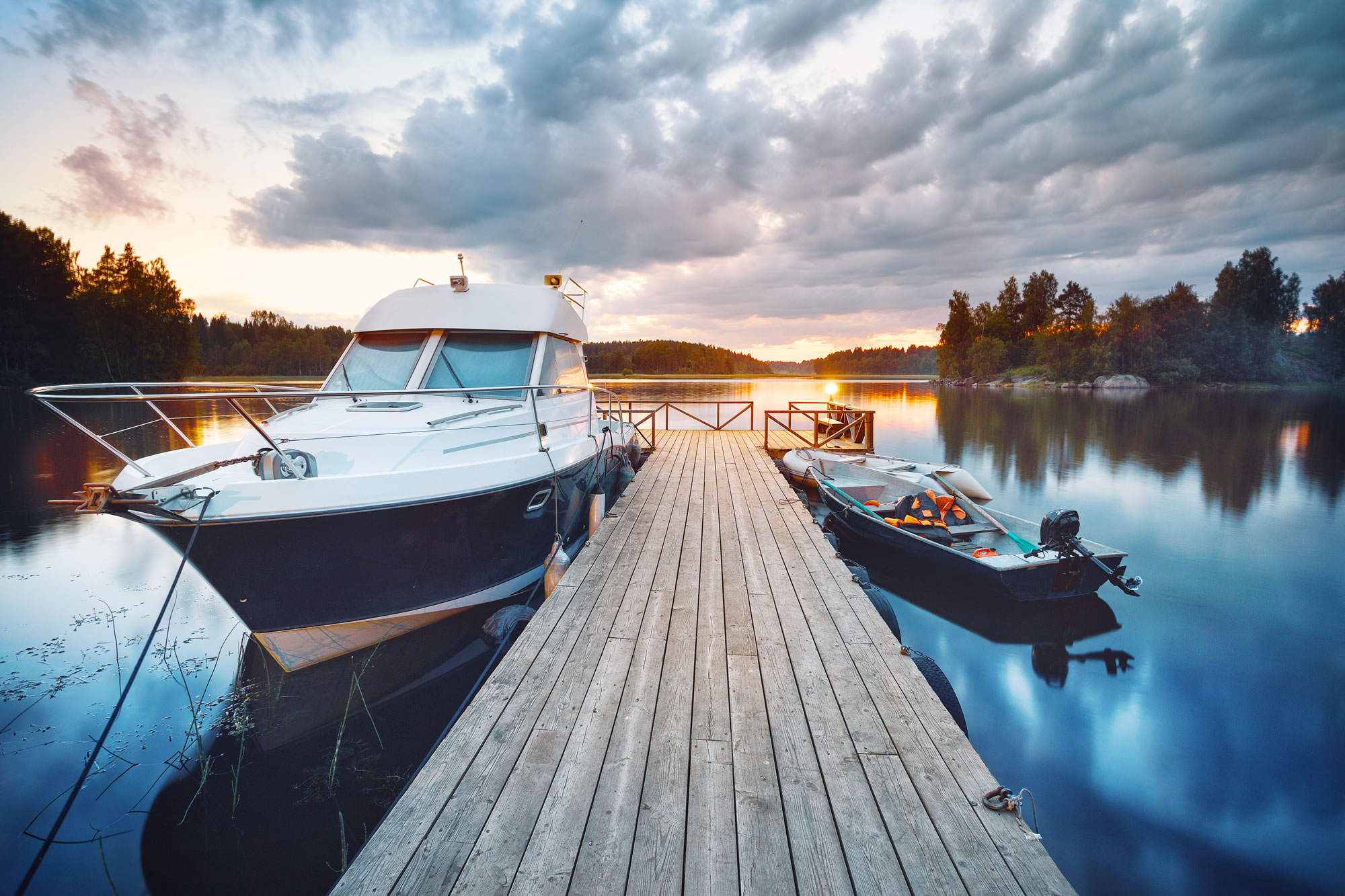Feeling the mist and breeze on your face can be one of life’s great pleasures. We are naturally drawn to the water and boating is one of our favourite summer pastimes. Here in BC, we’re especially fond of the boating life. From the vast ocean to our countless rivers and lakes, we have plenty of opportunities to take to the water. But whether it’s the Salish Sea or the Shuswap, in a kayak or on a yacht, boating safety should always be the top priority.
A 2011 study by the Red Cross showed that in an 18-year period, about 40% of immersive drowning deaths in Canada involved boaters. Boating was also the leading cause of fatalities from immersion and other water-related injuries. So take boating safety seriously. Here are a few ways to stay safe on the water.
A boat safety course
Boating safety begins with knowledge. So begin by taking a boating safety course to learn the risks and manoeuvers of watercraft. In fact, all power-driven boaters in Canada require a Pleasure Craft Operator Card so you need some training if you want to operate one. You can find out about the card and boating safety courses on Transport Canada’s website, or use a licensed course provider such as ISPA.
Invest in life vests
Whether you can swim like Michael Phelps or not, you should always wear a life vest and just as important, make sure you have enough onboard for each passenger. They save lives.
Check and maintain your boat
Just like a car or a bicycle, a boat requires maintenance and upkeep for both performance and safety. Make sure to make all necessary repairs and that the boat’s motor is in good working order. And never overload your boat with passengers or carry-on items. Too much weight can make it unstable, causing it to capsize or sink.
Know the waters
Boating isn’t quite like driving in that the surface is literally fluid. Always respect the water and be mindful that water levels vary, tides rise and fall, and there are dangers lurking beneath like sandbars, rocks, and logs. Make sure to know the water conditions you’re boating in and navigate through them at a safe speed. And of course, always check the weather forecast ahead of time, especially marine conditions. Sudden storms can wreak havoc on a boat trip and put you in unnecessary danger, but keeping an eye to the forecast helps minimize the risk.
Never drink and boat
It is the same as on the highway – never consume alcoholic beverages while in command of a boat. Never!
Share the waves
Whether you’re in a big boat or in a little boat, always remember that you’re not the only one on the water. That means being mindful and respectful of other boaters and vessels. And also remember, it isn’t only boats out there – paddle boarders, windsurfers, swimmers, and others are also out enjoying the waters. Maintain a safe speed, give yourself plenty of room between other vessels, watch how your wake impacts others, and stick to the rules.
Boating is fun, enjoyable, and relaxing – and staying safe while on the water adds to the pleasure.
For more information
- Boating: Immersion and Trauma Deaths in Canada, Red Cross
- Office of Boating Safety, Transport Canada
- How to avoid fines during the Okanagan boating season, Kelowna Now
- Vancouver dragon boaters concerned about safety after ‘reckless’ charter encounter, CBC Vancouver







